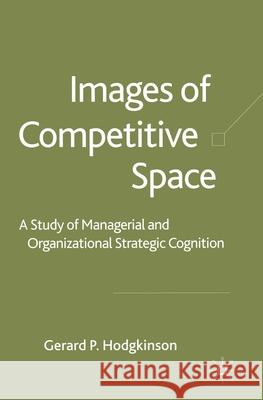Images of Competitive Space: A Study in Managerial and Organizational Strategic Cognition » książka
topmenu
Images of Competitive Space: A Study in Managerial and Organizational Strategic Cognition
ISBN-13: 9781349508402 / Angielski / Miękka / 2005 / 218 str.
Images of Competitive Space: A Study in Managerial and Organizational Strategic Cognition
ISBN-13: 9781349508402 / Angielski / Miękka / 2005 / 218 str.
cena 402,53
(netto: 383,36 VAT: 5%)
Najniższa cena z 30 dni: 385,52
(netto: 383,36 VAT: 5%)
Najniższa cena z 30 dni: 385,52
Termin realizacji zamówienia:
ok. 16-18 dni roboczych.
ok. 16-18 dni roboczych.
Darmowa dostawa!
Kategorie:
Kategorie BISAC:
Wydawca:
Palgrave Macmillan
Język:
Angielski
ISBN-13:
9781349508402
Rok wydania:
2005
Wydanie:
2005
Ilość stron:
218
Waga:
0.26 kg
Wymiary:
20.32 x 13.34 x 1.32
Oprawa:
Miękka
Wolumenów:
01
Dodatkowe informacje:
Wydanie ilustrowane











